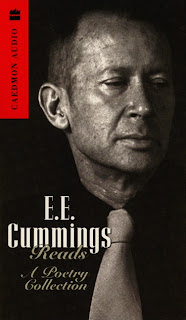Blogspot has removed another of my posts at the request of some unspecified party. They sent me this email to announce it.
Blogger has been notified, according to the terms of the Digital Millennium Copyright Act (DMCA), that certain content in your blog is alleged to infringe upon the copyrights of others. As a result, we have reset the post(s) to "draft" status. (If we did not do so, we would be subject to a claim of copyright infringement, regardless of its merits. The URL(s) of the allegedly infringing post(s) may be found at the end of this message.) This means your post - and any images, links or other content - is not gone. You may edit the post to remove the offending content and republish, at which point the post in question will be visible to your readers again.
I can't complain too much, for that is a very civilized procedure. I wasn't able to determine who made the complaint or which of the links on the blog resulted in the complaint. It might conceivably have been the photo image of Mingus, but probably not.
I complied by removing all the links and the image. Unlike the first occasion, I didn't lose my original post.
This leads me to thinking again about the worth of this blog and its drain on my time. I could do what I briefly experimented with last time, and post excerpts from songs, but that is a lot more time consuming. So I don't know what I will do, but watch this space.














